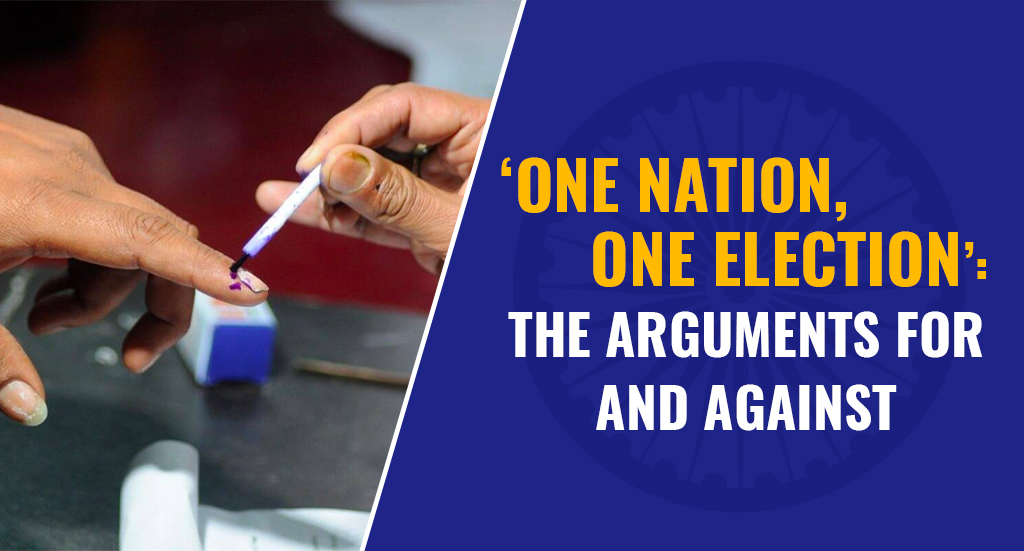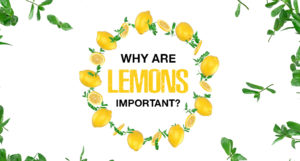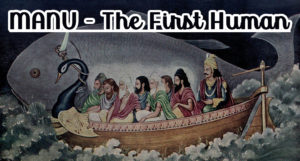A commission led by the former president of India, Ram Nath Kovind, has been established by the Union government to investigate the possibility of “One nation, One Election” on September 1, 2023. The action was taken one day after the government announced that a special session of Parliament would be held from September 18 to September 22. The agenda for that session is currently unknown, but the announcement has fuelled speculation that the Union government plans to introduce a bill on ‘One Nation, One Election’.
Over the course of several years, Prime Minister Narendra Modi has consistently advocated conducting Lok Sabha (general) and state assembly elections simultaneously. Following his re-election in June 2019, he announced plans to establish a committee to assess this proposal and arrange a meeting with leaders from various political parties. The argument for the proposal is that it will drastically cut down on the expenditure involved in separate elections and ensure smooth administrative functioning since poll duties take up considerable time of officials. The law commission is of the view that ‘One Nation, One Election’ will significantly improve voter turnout since they will be able to cast their votes in one go. It’s worth noting that numerous opposition parties have previously expressed their reservations about this idea.
In November of the same year (2019), the then Chief Election Commissioner, Sunil Arora, expressed a preference for the idea of simultaneous elections, but acknowledged that it was unlikely to become a reality in the near future. He emphasised that such a synchronisation of elections could only be achieved through a collaborative effort among political parties, involving the formulation of necessary legal amendments to align the electoral cycles.
However, many political parties don’t find the idea of ‘One Nation, One Election’ practical. They argue that to implement the concept of ‘one election’, several constitutional acts will require amendments. This includes the Representation of the People Act and various parliamentary procedures. However, this proposal also raises concerns that state or local issues may become less prominent, with national issues taking precedence during the elections. Additionally, regional political parties might struggle to match the election expenses of national parties, potentially impacting their strategic capabilities.
According to a study conducted by the IDFC Institute in 2015, there is a 77 percent probability that voters will choose the same political party or alliance to succeed in both the state assembly and Lok Sabha elections, if these elections are held simultaneously.
Soon as the Central government announced its intention to investigate the feasibility of ‘one nation, one election, former Chief Election Commissioner of India OP Rawat said that while it is possible to implement this proposal, certain conditions must be fulfilled.
He cited that in case Centre wishes to implement it, “Some amendments will have to be made in the Constitution and Representation of People Act, 1951. Along with that, we would require additional funds and time to manufacture VATs and EVMs and additional deployment of paramilitary forces will also be required.”
On this, Gujarat’s Member of Lok Sabha from Navsari Lok Sabha constituency too released a statement. He said, “We are one step closer to achieving this long-pending reform. ‘One Nation One Election’ aims to synchronise the elections of Lok Sabha and state assemblies, reducing the frequent disruptions caused by multiple elections throughout the year,”
He added, “The committee will evaluate the constitutional and legal frameworks, potential amendments required, and the necessary infrastructure needed to conduct simultaneous elections in a fair and efficient manner.”
The Member of Parliament stressed that conducting simultaneous elections would not only result in cost-savings but also prevent the continual political campaigning that distracts leaders from their governance and development responsibilities. He requested all political parties to cooperate and support this much-needed change for the sake of the country.
Well, do you think the largest democracy in the world needs this reform? Jot down your opinion in the comments section below.








